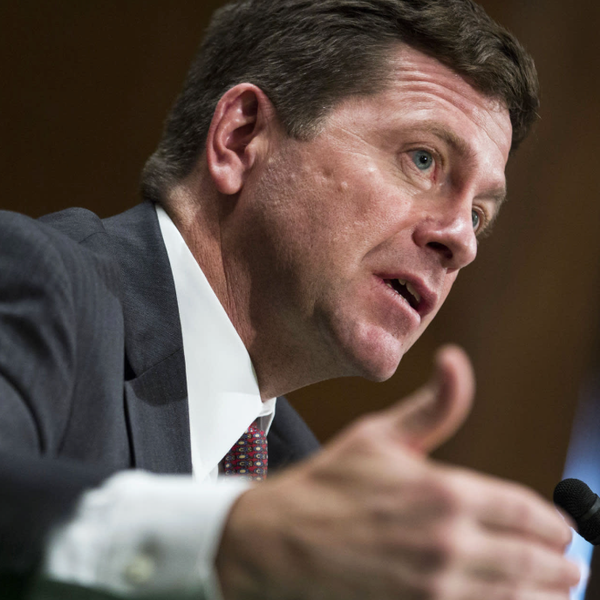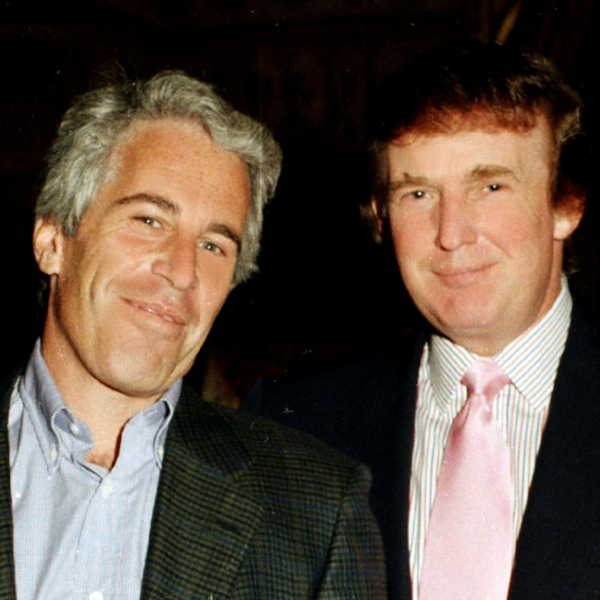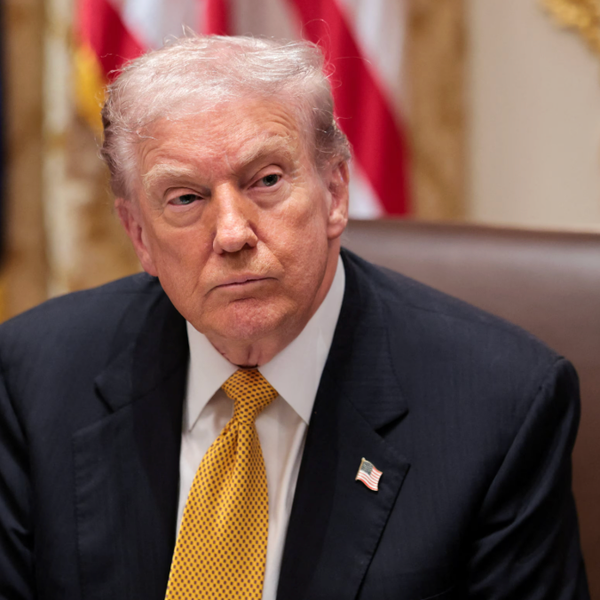Pobre Mexico! Tan lejos de Dios y tan cerca de los Estados Unidos.
Poor Mexico! So far from God and so near the United States. The words are attributed to Mexican President Porfirio Diaz, who governed for a 35-year period ending in 1911.
The angst-ridden quote feels pertinent today. Our countries are entwined in ways that don’t always redound to the moral credit of either party.
Consider the unfolding bribery scandal surrounding Wal-Mart de Mexico, the arm of the gargantuan U.S. retailer. The New York Times published a massive investigation last week, making the case that the Bentonville, Ark.-based company’s subsidiary funneled payments of as much as $24 million to mayors, city council members and other officials to secure construction permits and get around environmental concerns as it built new stores in Mexico.
More shockingly, the company may have covered up an internal investigation into the bribes. The Times retraced the steps of Wal-Mart de Mexico’s own investigation, which the paper claims company executives subsequently quashed.
The U.S. Department of Justice has begun a criminal investigation, and Mexican federal authorities say they will scrutinize public officials’ involvement. Wal-Mart could be found in violation of the U.S. Foreign Corrupt Practices Act. That law specifically forbids U.S. companies from bribing foreign officials.
That law is important to remember, as many apologists for Wal-Mart will be tempted to protest that, hey, that’s how the game is played in Mexico. That’s not how it’s played here in the United States, and any corporate executive doing business globally ought to know it.
This is no small scandal. Wal-Mart’s expansion into Mexico has been sweeping, and it is no exaggeration to say the company is a major force in the country’s consumer economy.
Since 1991, Wal-Mart de Mexico has virtually reshaped the Mexican economy, asserting itself in the retail marketplace at a pace that left competitors in the dust. Just as it did as it spread across the U.S., Wal-Mart has drawn bitter accusations in Mexico of violating labor rights and of devastating smaller businesses.
But in Mexico, a country with a far less developed economy and extensive poverty, the impact was compounded. Within a relatively short period of time, Wal-Mart de Mexico became the country’s largest private employer. Economists may debate whether its net effect on employment and wages in the country has been positive or negative, but one thing seems clear: It has built up a lot of clout with Mexico’s political class.
That clout has allowed Wal-Mart to get its way in the face of considerable popular outcry. For example, in 2004, it built one of its Bodega Aurrera discount stores within a few miles of the sacred pyramids of Teotihuacan, north of Mexico City. The move was considered deeply disrespectful, and it provoked massive protests.
Teotihuacan is the remains of a 2,000-year-old civilization with deep archeological and spiritual significance. Climbing the intricate stonework of the pyramids — one to the sun and another to the moon — offers a surreal glimpse of Mexico’s pre-Columbian past.
Was Wal-Mart able to build its store near this culturally sensitive site thanks to bribery? That’s a question now on many minds.
Mexico’s reputation as a corrupt nation is well earned. Cash can only be passed if there is an outstretched palm. Still, how would Americans feel if they knew that bribes to their aldermen, mayors and zoning commissioners were responsible for the behemoth box store they didn’t want in their neighborhood? Would they hold Wal-Mart blameless? Not likely.
This is not a brand of capitalism the U.S. needs to export. It’s cheating. It’s corrupting another country’s economy by taking unfair, unethical advantage. Wal-Mart is a large, powerful, rich company. It doesn’t need the headstart of bribery to compete.
The U.S. and Mexico are poised to begin a new chapter in their long relationship. After decades of legal and illegal immigration from Mexico, the flow has slowed to a standstill. The Mexican economy has a budding middle class, many of them people who initially welcomed the convenience and pricing that Wal-Mart offered.
Wal-Mart is now a permanent feature of the Mexican economy. Smaller competitors have been decimated. Supply chains are established. The stores are built, and hundreds more are about to be. No amount of legal censure will change that — not that there is any danger of vigorous prosecution in Mexico.
The question, going forward, for both Mexicans and Americans is to what extent we can trust our governments to remain free of the corrupting influence of rich corporations. Americans, especially, need to understand that our corporations do not operate abroad to do God’s work; they’re there to make a profit. And the manner in which they do so reflects on us all.
If the charges against Wal-mart prove accurate, the punishment must fit the crime.
(Mary Sanchez is an opinion-page columnist for The Kansas City Star. Readers may write to her at: Kansas City Star, 1729 Grand Blvd., Kansas City, Mo. 64108-1413, or via e-mail at msanchez@kcstar.com.)








